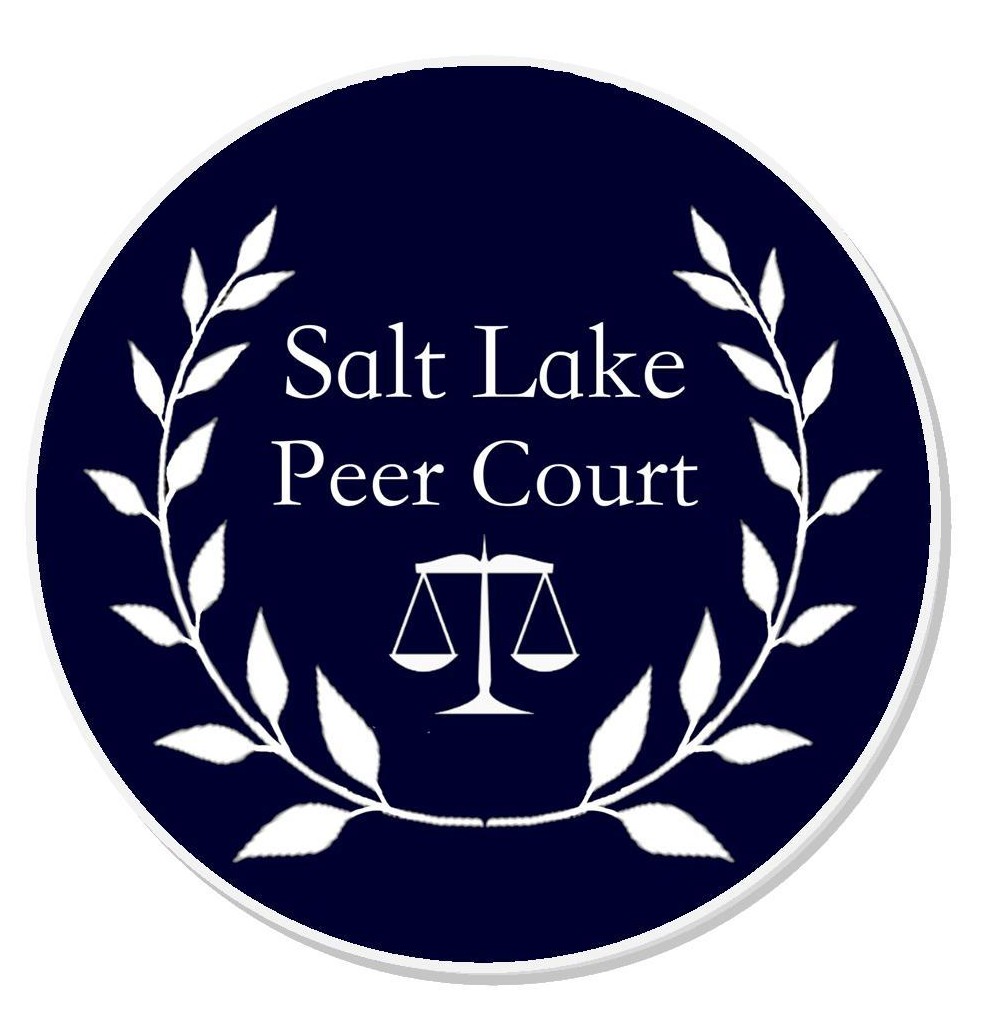Peer Court Youth Volunteer
14-18 (High School)
Posted October 4, 2016
Youth volunteers conduct court hearings and develop dispositions (sentences) for referred youth. Youth volunteers base dispositions on the three principles of restorative justice: accountability, skill development, and community connection. Rather than punish referred youth, Peer Court’s youth volunteers support referred youth by encouraging them to reach their full academic, social, and creative potential. Outside of the courtroom youth volunteers mentor (one-on-one) referred youth every week- meeting in person or communicating over the phone. By providing weekly support and guidance Peer Court youth volunteers harness the positive aspects of peer pressure to encourage responsibility, personal growth through pro-social skill development, and community connection. Go to www.saltlakepeercourt.org/youthvolunteers for more info and to apply!

Opportunity through

645 South 200 East, Salt Lake City, Ut 84111
801-322-1815
saltlakepeercourt@gmail.com
www.saltlakepeercourt.org
Category: Youth
County: Salt Lake Valley
"I personally enjoyed watching the youth work towards graduating the program. Many troubled youth were able to make small changes in their lives that allowed them to reconnect with themselves, their family, and their community." // "I got to help the community and have an impact on my peers!" // "The best part about Peer Court was watching my mentees graduate. Both of them graduated at the last day of Peer Court, so it was nice to see our efforts come to fruition in the end."
